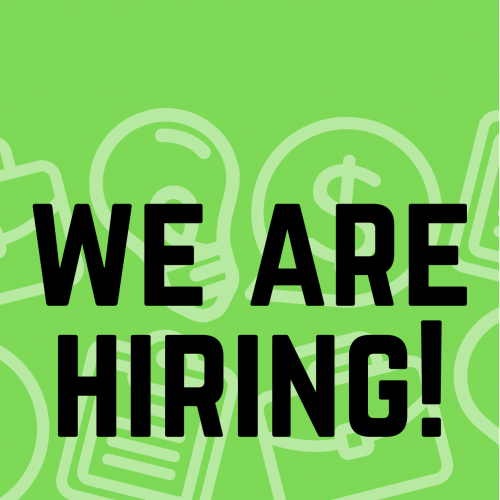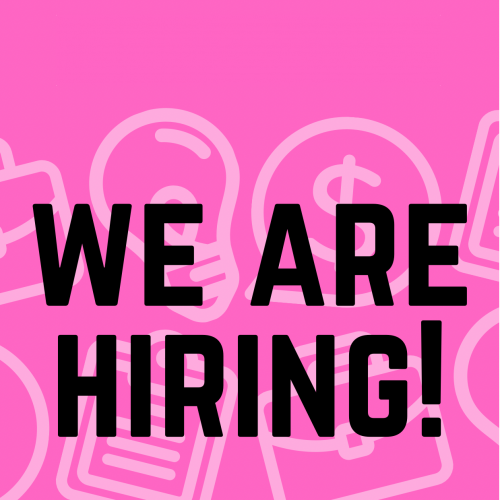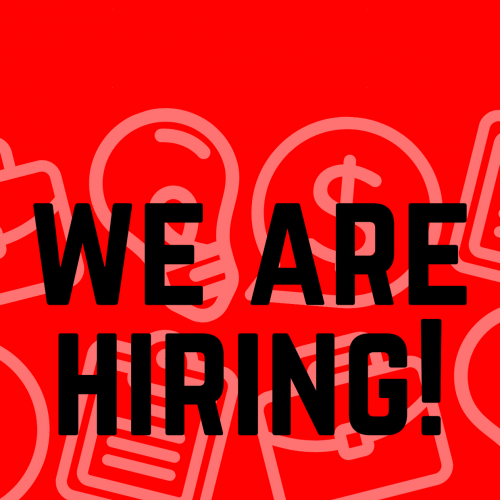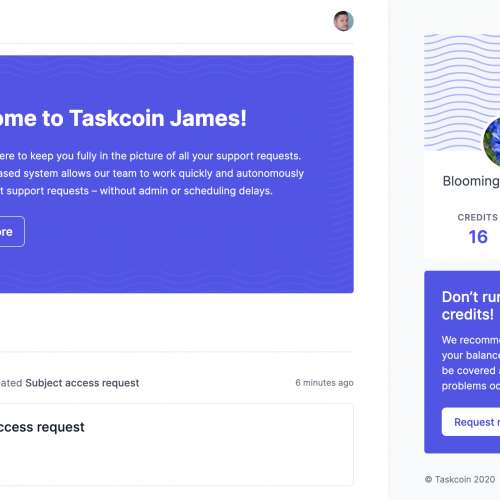When we meet with people about their new startup ideas, they often ask us to sign NDAs to keep those ideas secret. Often, these NDAs ask a lot of us, like promising not to work with any competitors for 5 years, and that’s before we even hear their idea.
We get it, we really do: it’s your baby, and there’s a fear factor around someone nicking your idea. But we speak to so many people that it’s impossible for us to sign. We can’t promise never to chat to potential rivals before we’ve even heard the idea, it’s just not plausible.
It’s not just us, you’ll hear this a lot from VCs, most of whom will never sign an NDA to hear an idea. VC Mark Suster makes the point perfectly in his blog post On NDAs and Confidentiality…
“We don’t sign NDAs because it would be too time consuming to read and process them all, because we could never track all of the ones we’ve signed and because we see so many companies of which many are competitive. If we signed NDAs we’d constantly be in a litany of accusations every time we funded a company. It is highly likely that when we fund a company we saw some of the competitors.”
We’re not saying we will never sign an NDA, in fact we have developed a mutually beneficial NDA of our own that protects your idea if needs be. But the point is, while lots of the early-stage entrepreneurs we work with worry that publicising their plans will lead to stolen ideas, that’s just not the case…
Ideas are stolen less often than you’d think
No matter how unique you think your idea is, it’s probably not that unique. Chances are there’s loads of companies trying to solve the same problem you are, they’re just going about it differently. What’s really going to make your idea successful is your tenacity, knowledge and execution.
As Eric Ries points out in The Lean Startup…
“Sooner or later, a successful startup will face competition from fast followers. A head start is rarely large enough to matter, and time spent in stealth mode – away from customers – is unlikely to provide a head start. The only way to win is to learn faster than anyone else.”
Ultimately, your idea will work if you execute it well and you achieve product market fit. The quickest and easiest way to do this is usually to get your idea out there and find out if it will work before you’ve invested too much time and money in it.
Sharing gives you the opportunity to validate your ideas: to see what people actually want and to see if there’s a profitable market for your product. If your early sharing suggests that there’s a market there, it’s time to develop a Minimum Viable Product.
We’ve recently been working with (and invested in) Ordable, an awesome new app for pre-ordering and paying for coffee to avoid queues in cafes and coffee shops. Ordable Founder Tom Dewhurst has been super transparent with his idea, developing and testing a prototype before starting work on an MVP, and it’s helped him (and us) to develop an awesome product efficiently.
“By launching a version of our app very early on” says Tom, “we were able to get some fundamental feedback that has corrected our product development course”.
While Ordable does have competitors, releasing early and gathering feedback has been far more useful to Tom than hiding in stealth mode.
Sometimes it’s okay to keep quiet
We’re all about transparency and openness, and we find that releasing early, gathering feedback and iterating quickly works best for most entrepreneurs. There are a few times, though, when this isn’t the case. We caught up with Jon Gill, partner at TLT Solicitors, to find out when you really should keep quiet…
“If you have shared information about your patentable idea with third parties without an NDA being in place, there could be an issue with something called “prior art”, which essentially means that the information in the public domain undermines your claim that your invention is truly new and therefore patentable.”
Jon also warns about sharing commercially sensitive information…
“If what you are proposing to disclose represents a genuine barrier to entry, ie you know this bit of information and the fact that you know it and no one else does means that you have an advantage in this market, that’s commercially sensitive and that’s the kind of information that someone should be careful about protecting in commercial conversations that they have. But there is a balance to be struck between disclosure in order to achieve your commercial objectives, and protection in order to cover the downside if that information is somewhat misused.”
It’s worth bearing the above in mind when it comes to networking: feel free to talk about your idea when meeting new people – you never know, they could help your startup to grow. Just don’t give out any commercially sensitive information if you don’t know exactly who it is you’re talking to.
In reality, no one cares
Being secretive for the sake of it is pointless and in a lot of cases is going to do more harm than good. As Irfon Watkins, friend of Simpleweb and CEO of Coull, once put to us, in typically blunt fashion:
“No-one gives a fuck about your startup except you.”
Focus on what’s best for your startup and don’t worry too much about your idea being stolen or what other people are doing. A great startup is made from a good idea and exceptional execution.
If you want to chat about your startup idea, get in touch with Simpleweb today.



